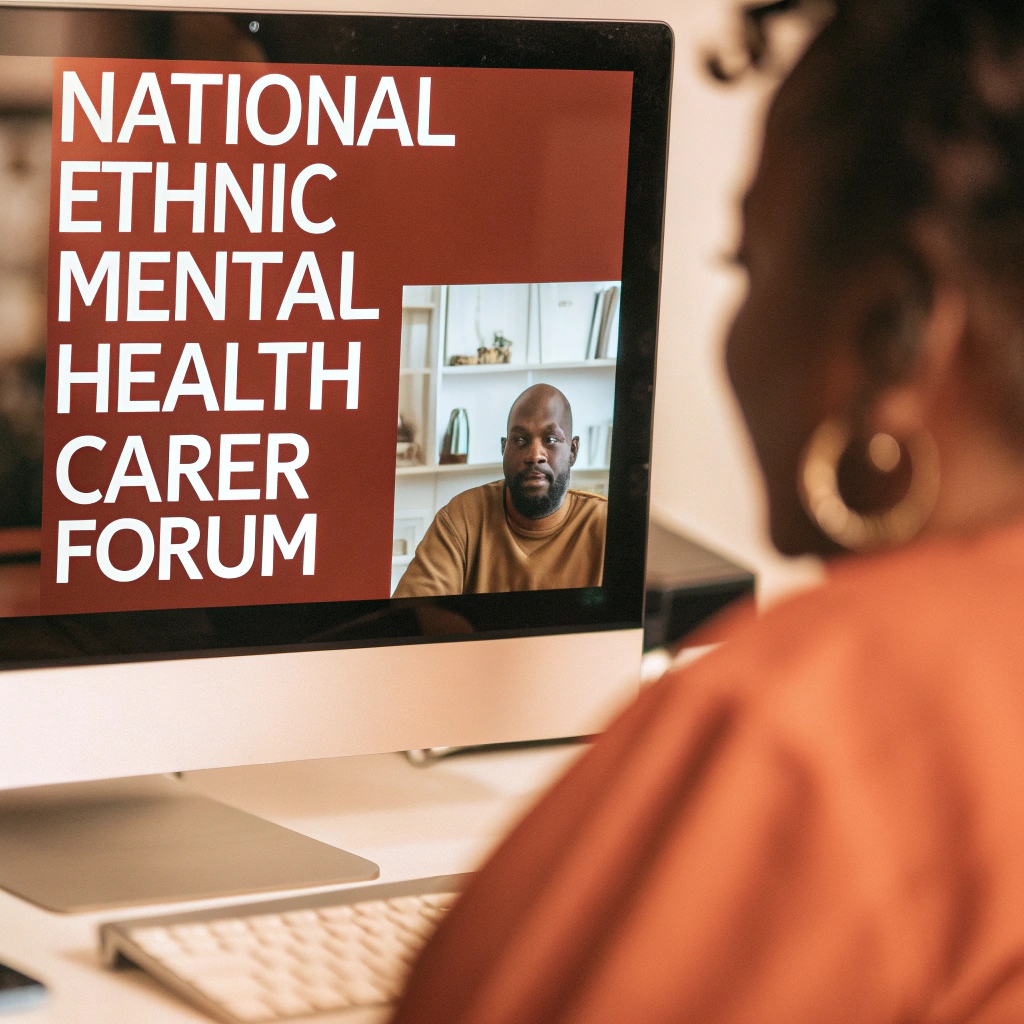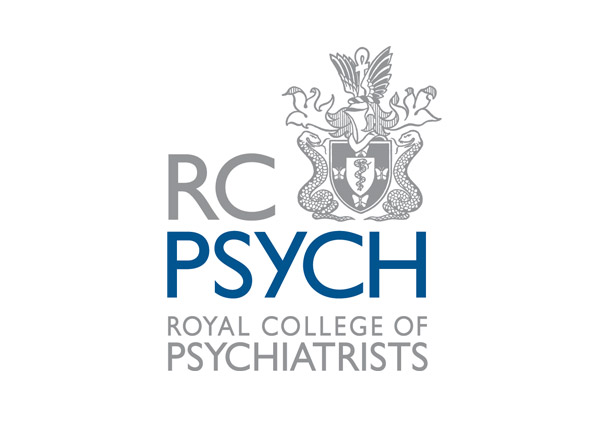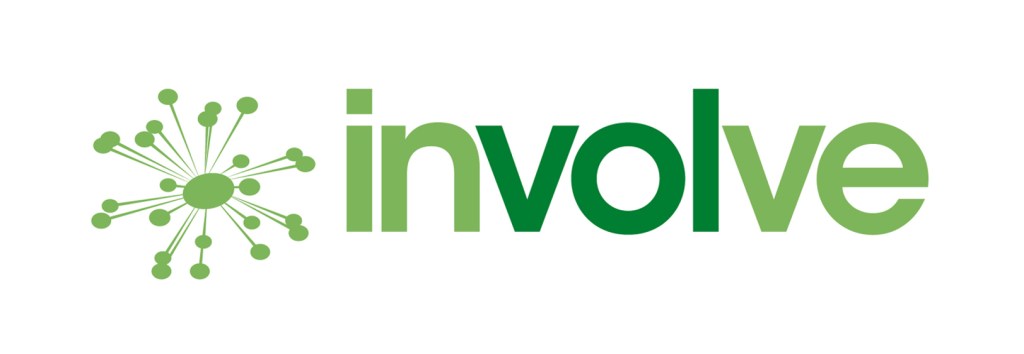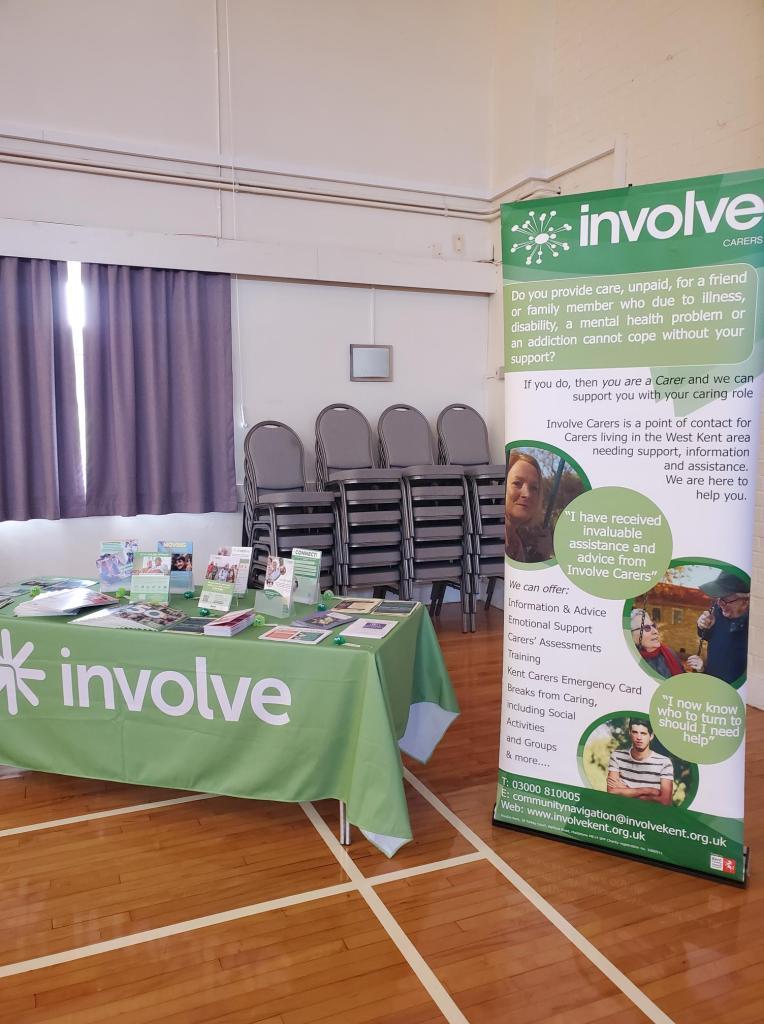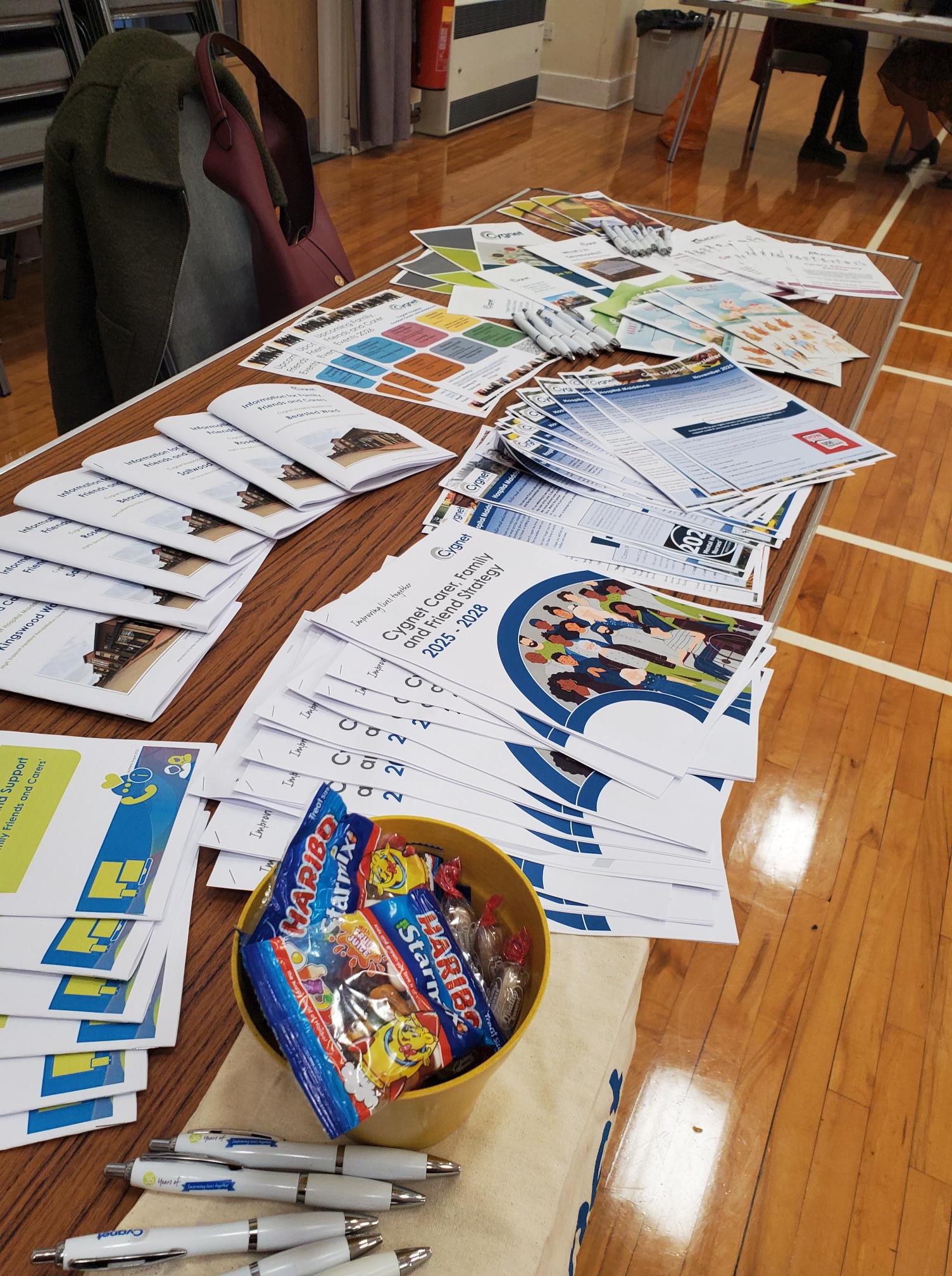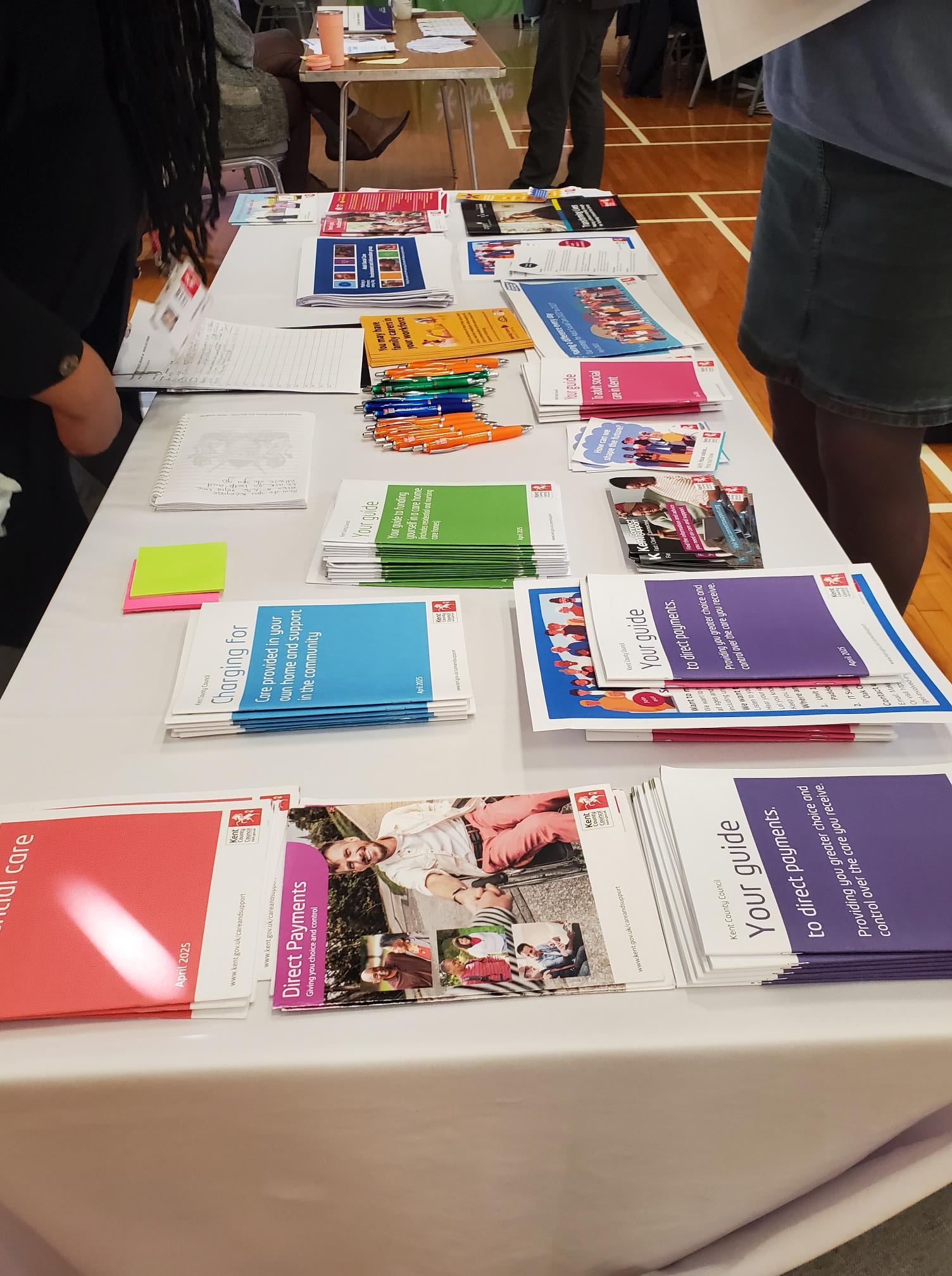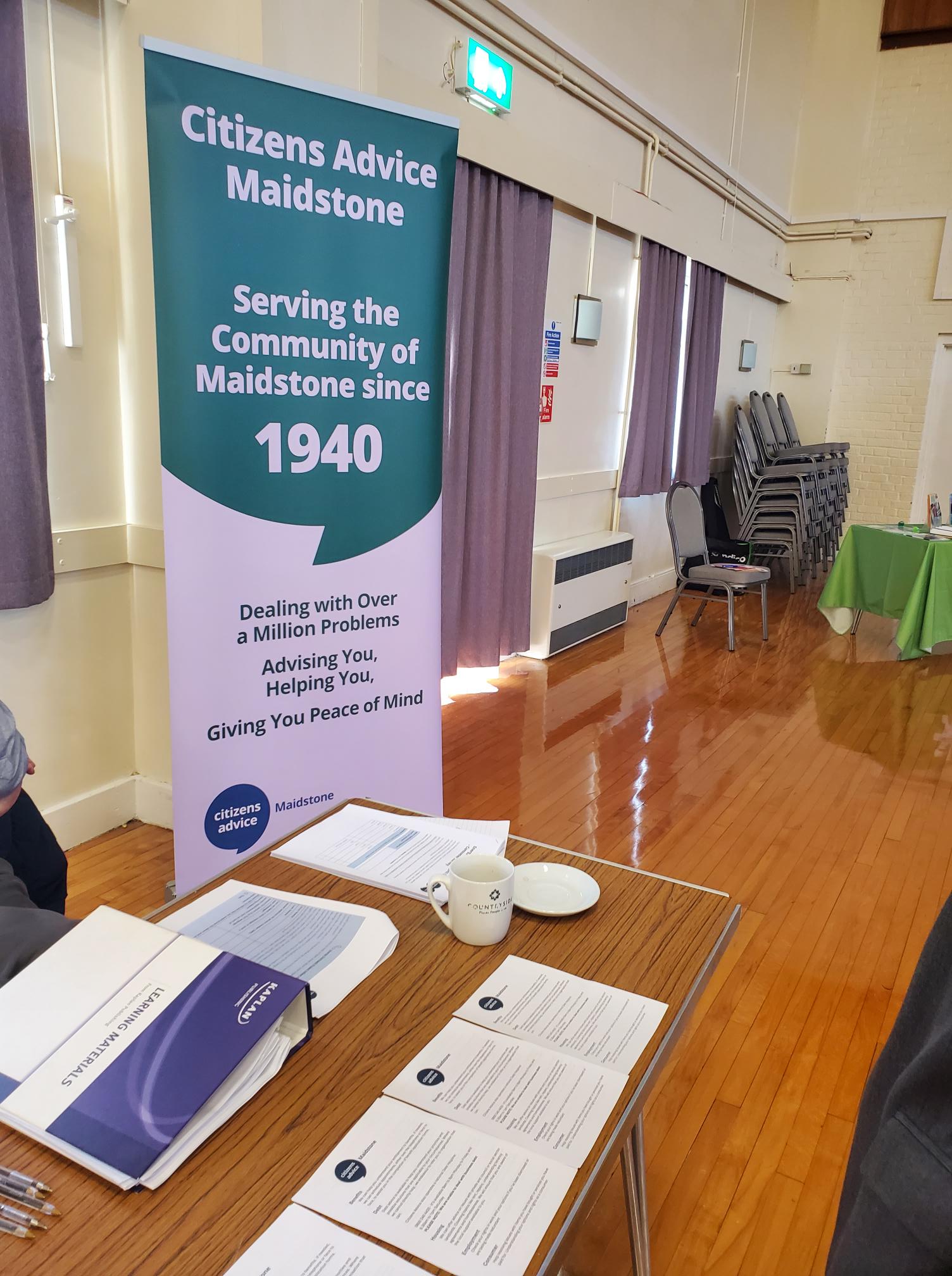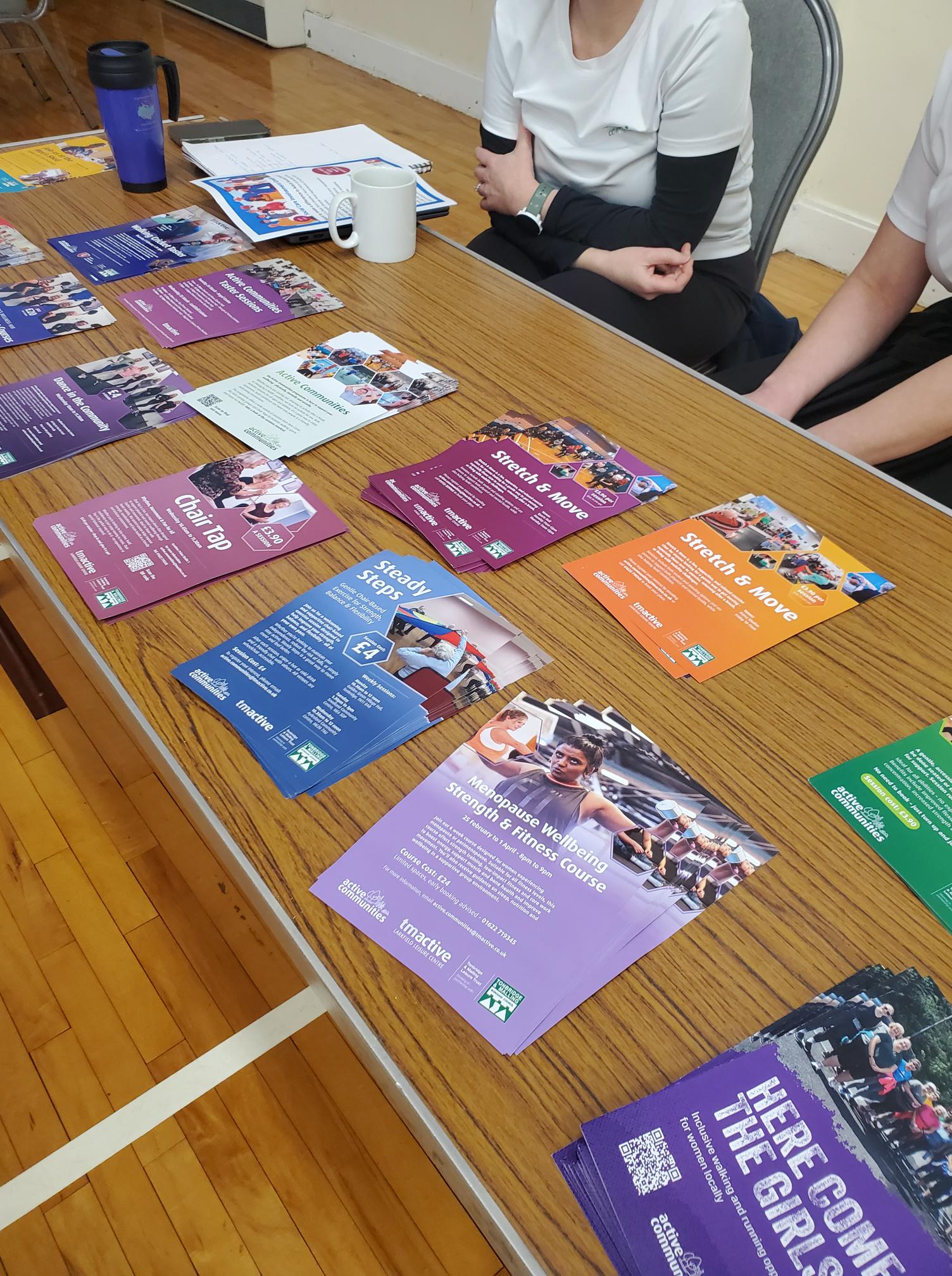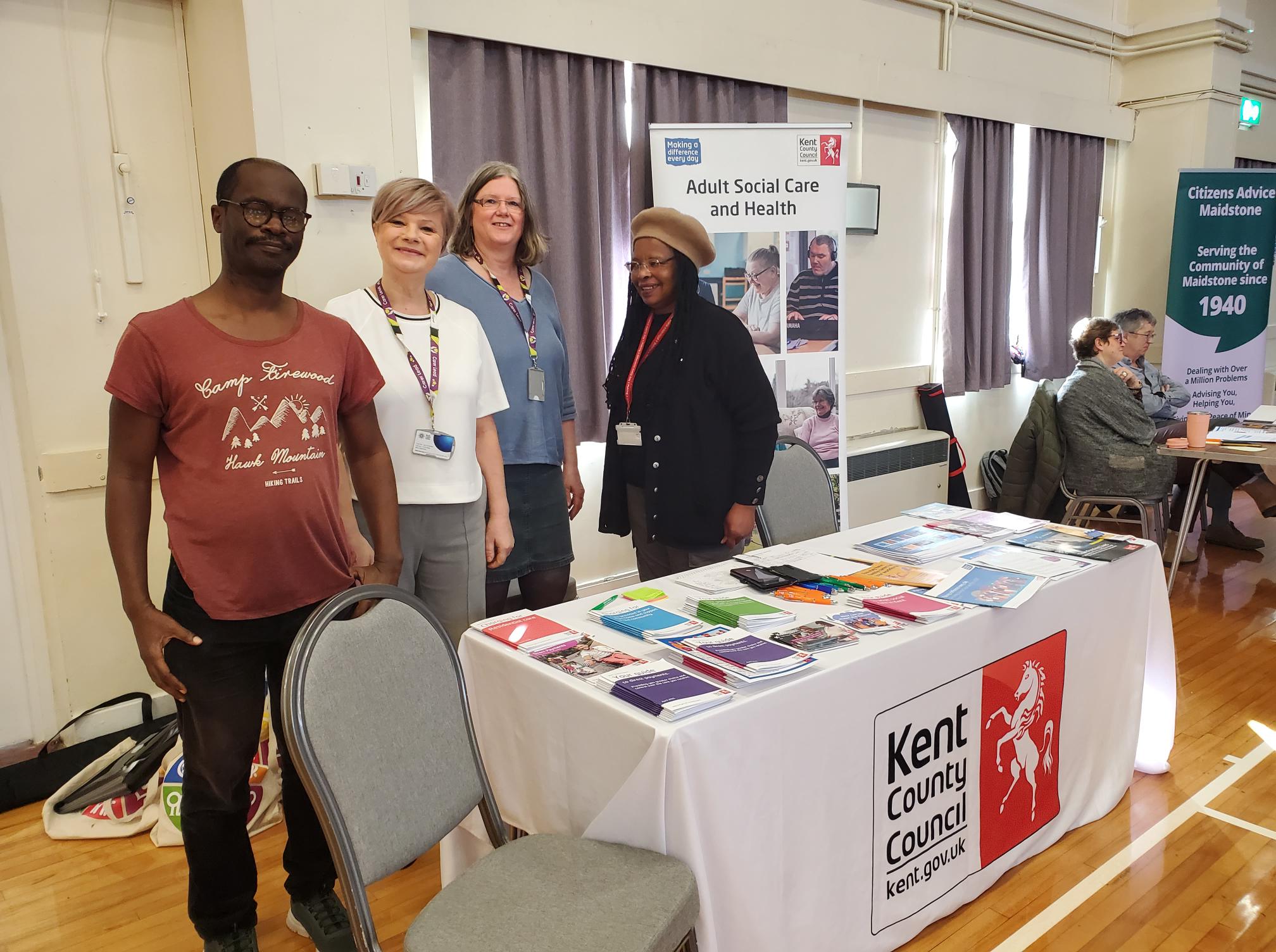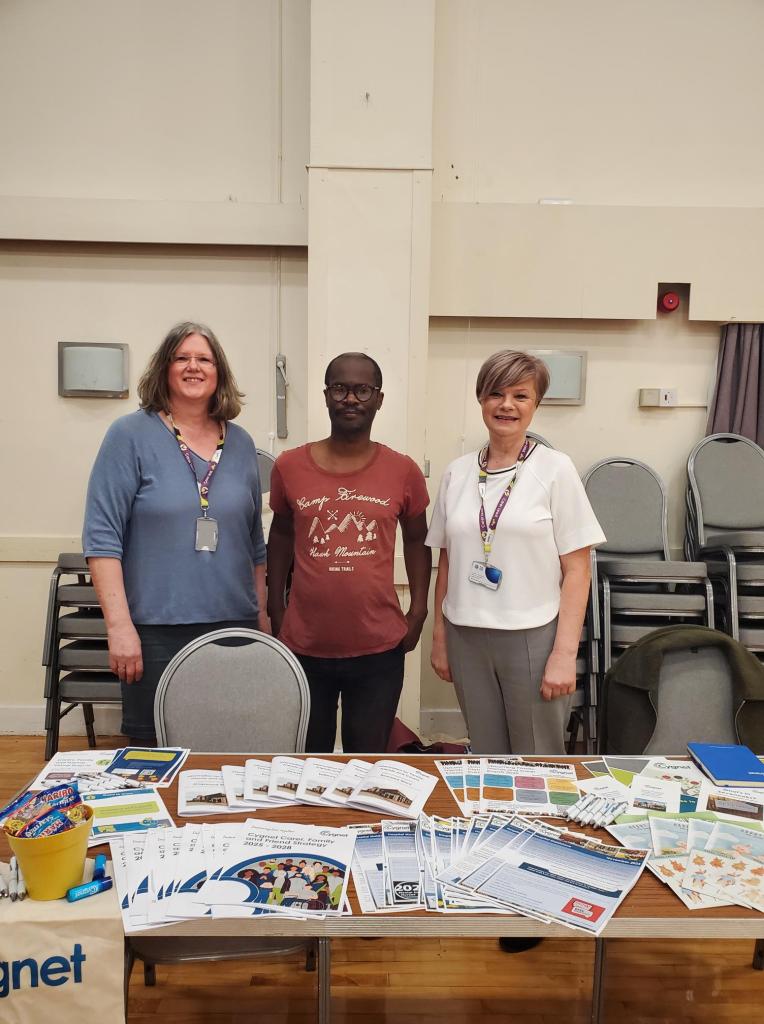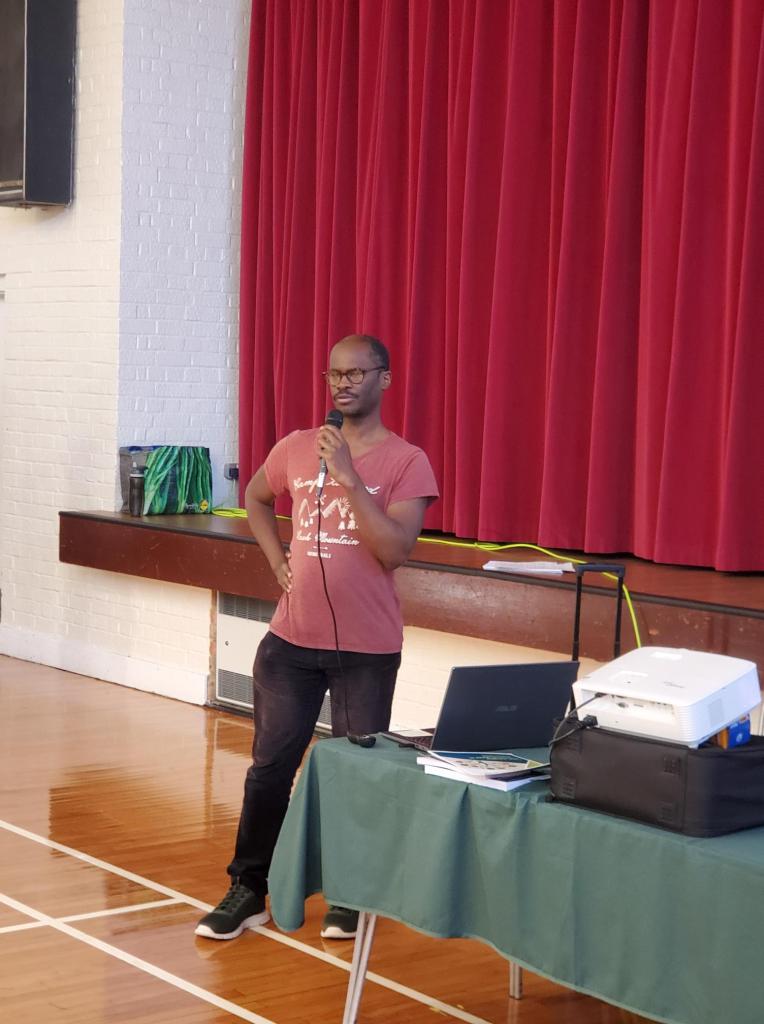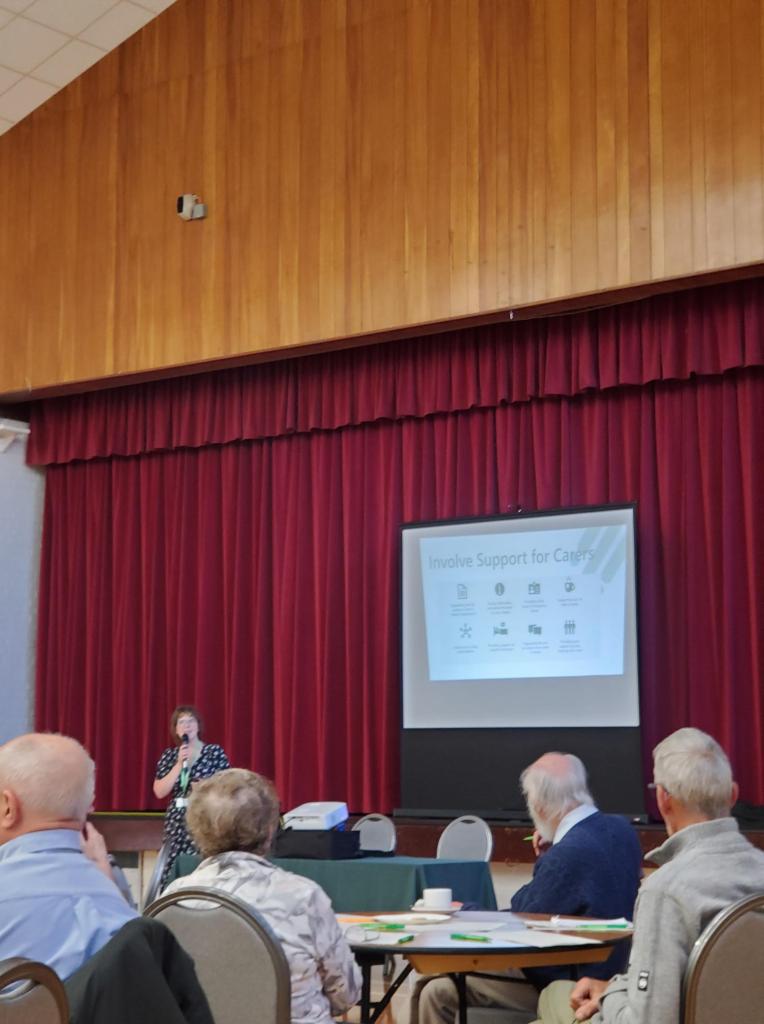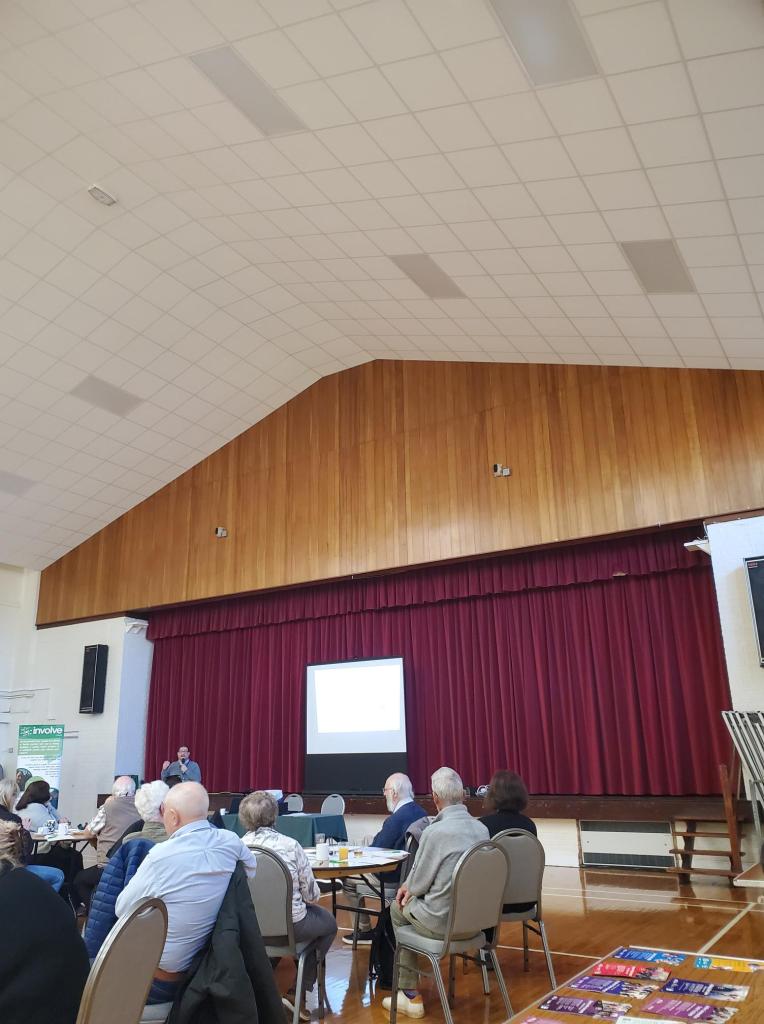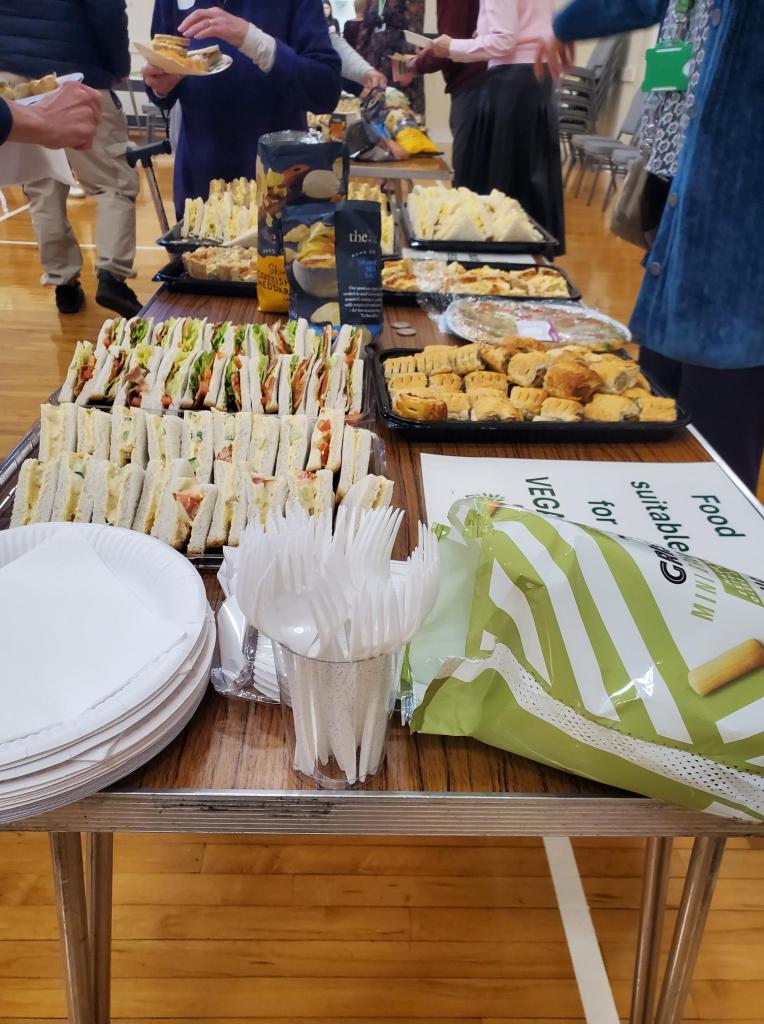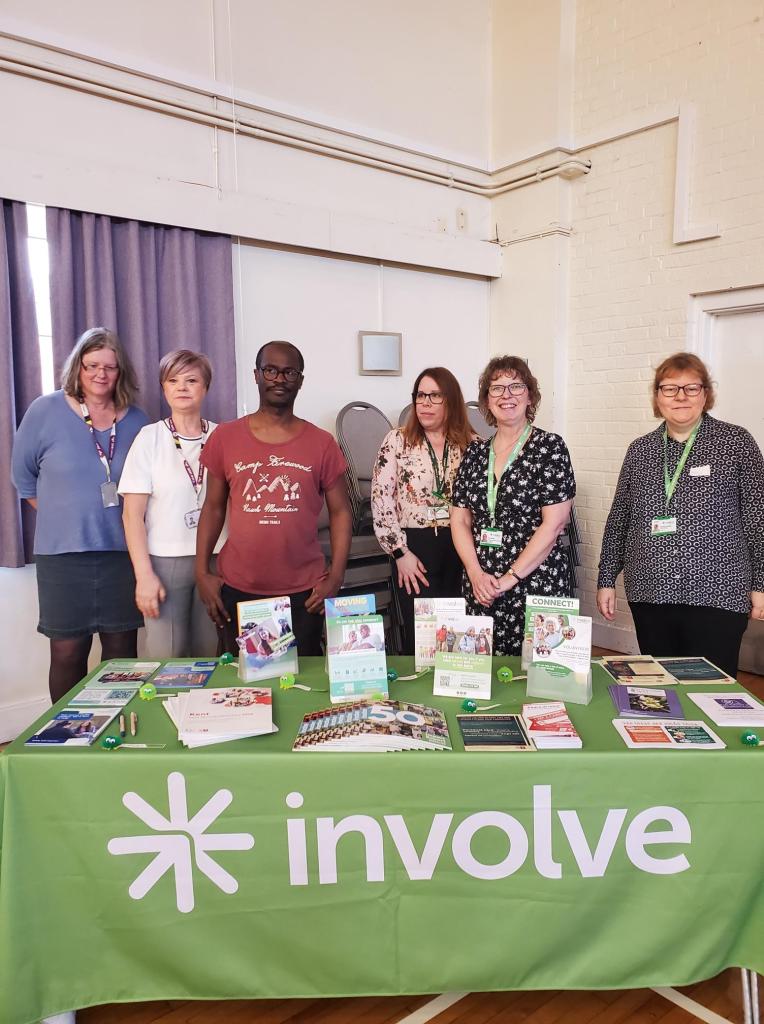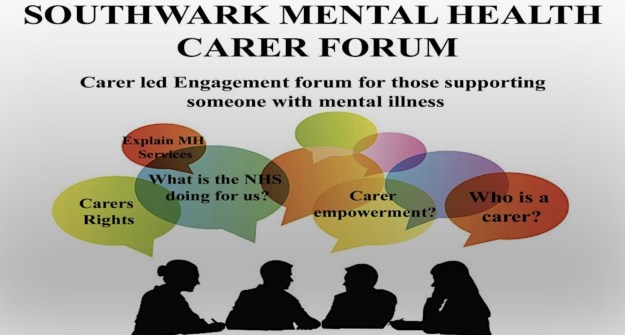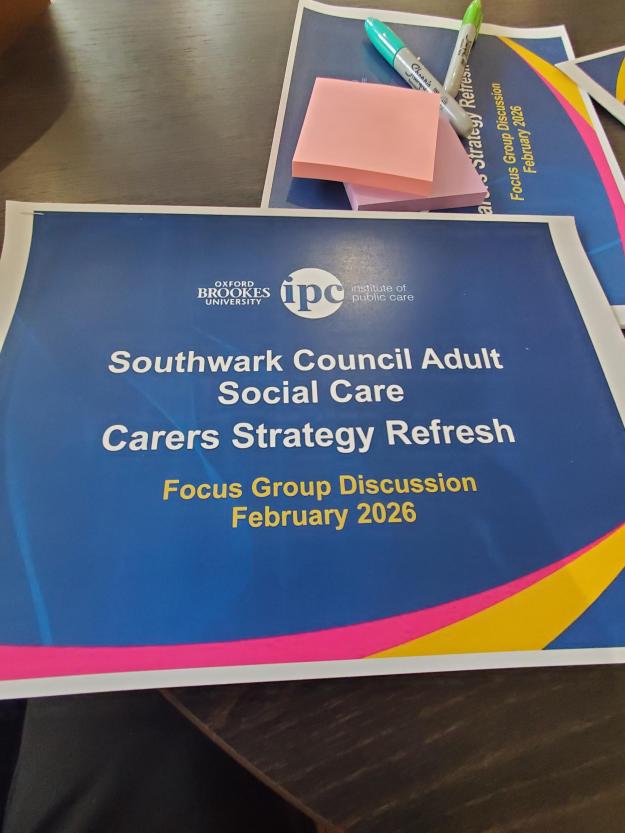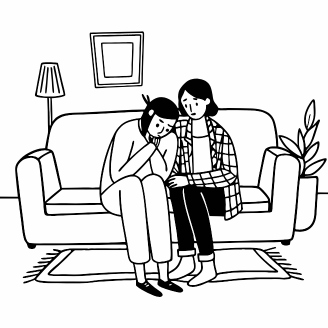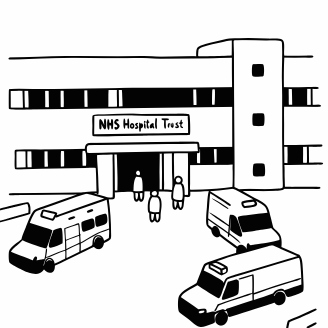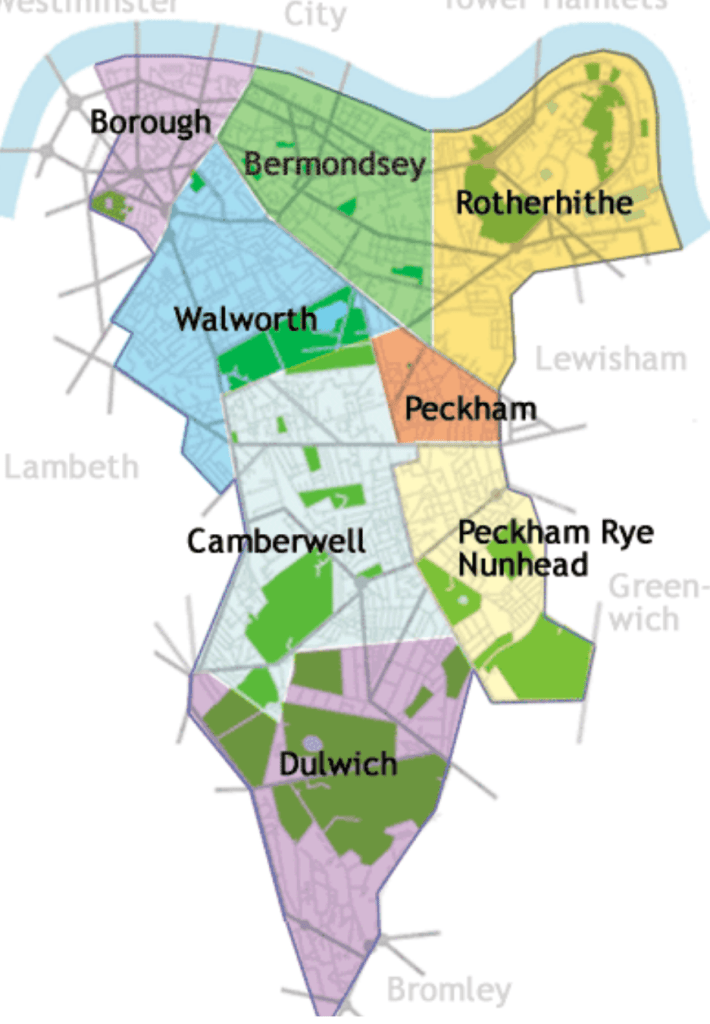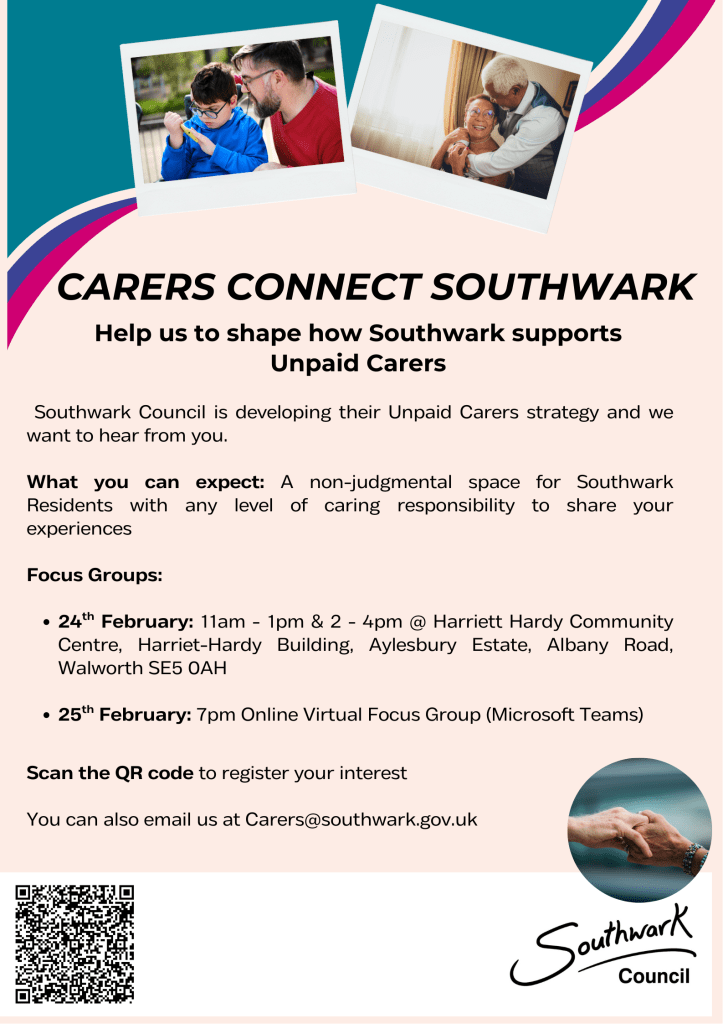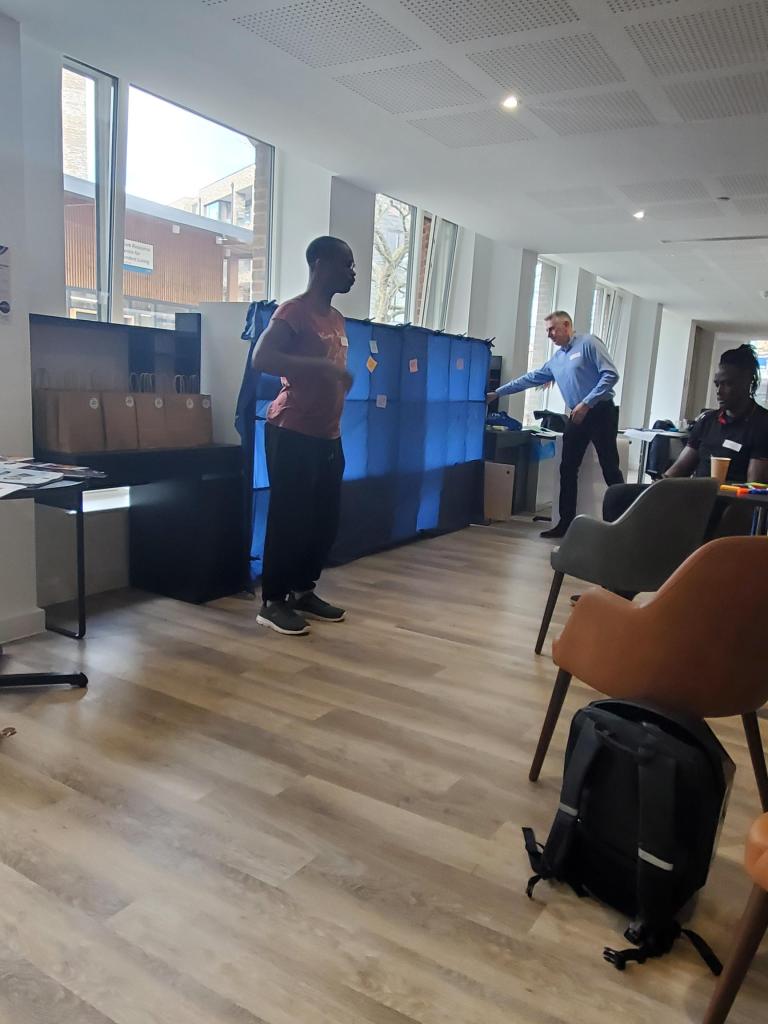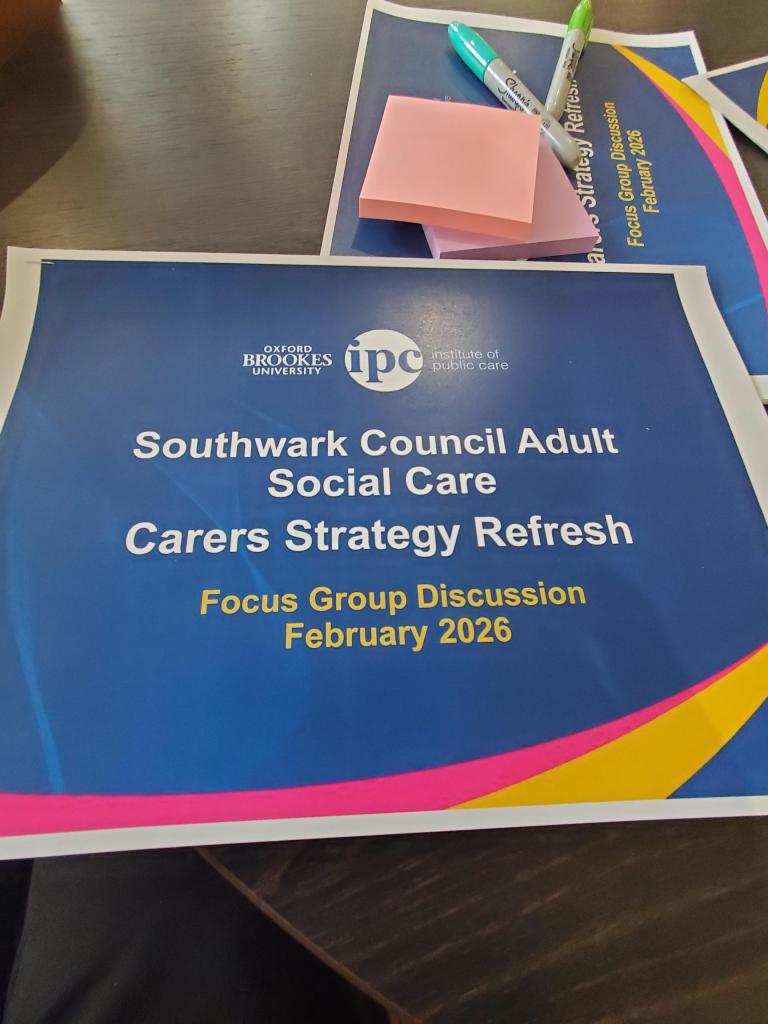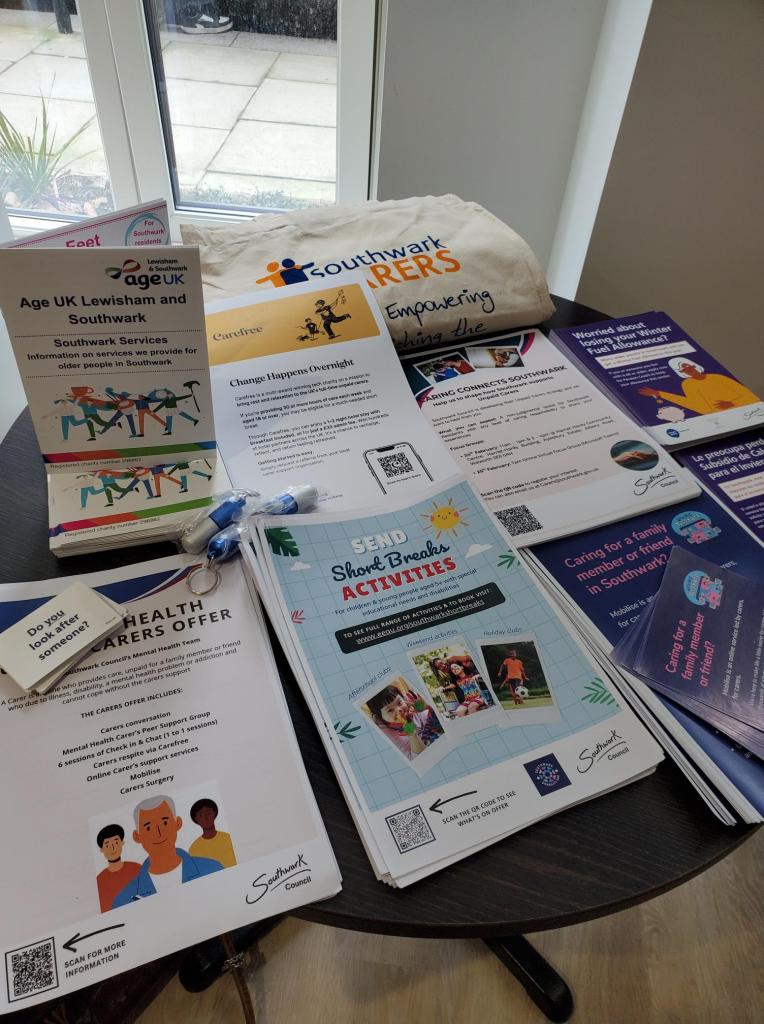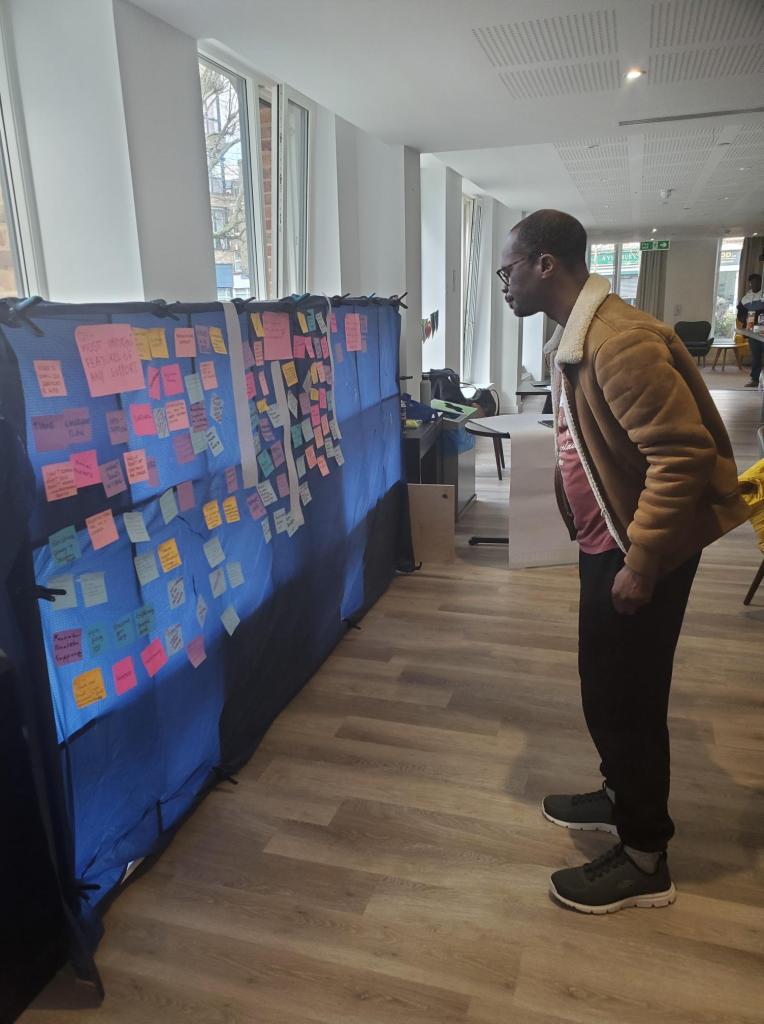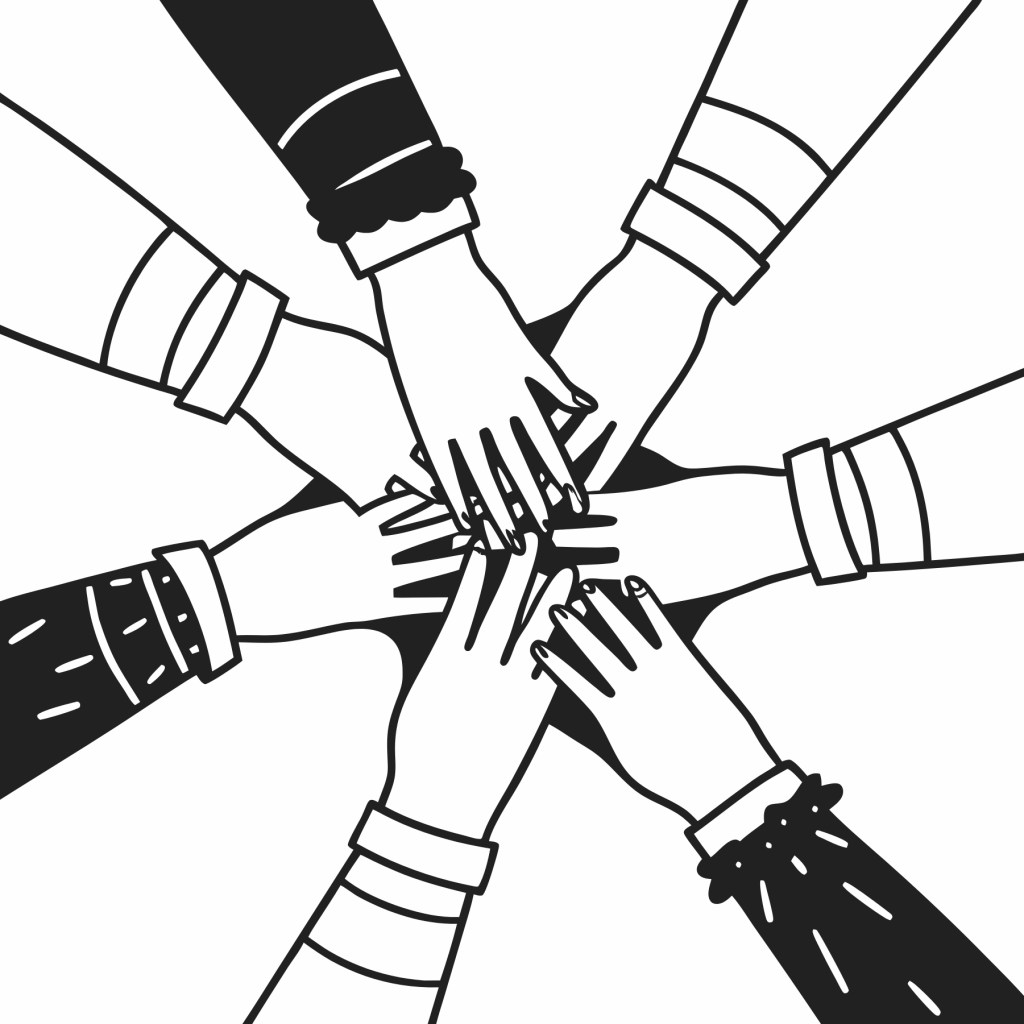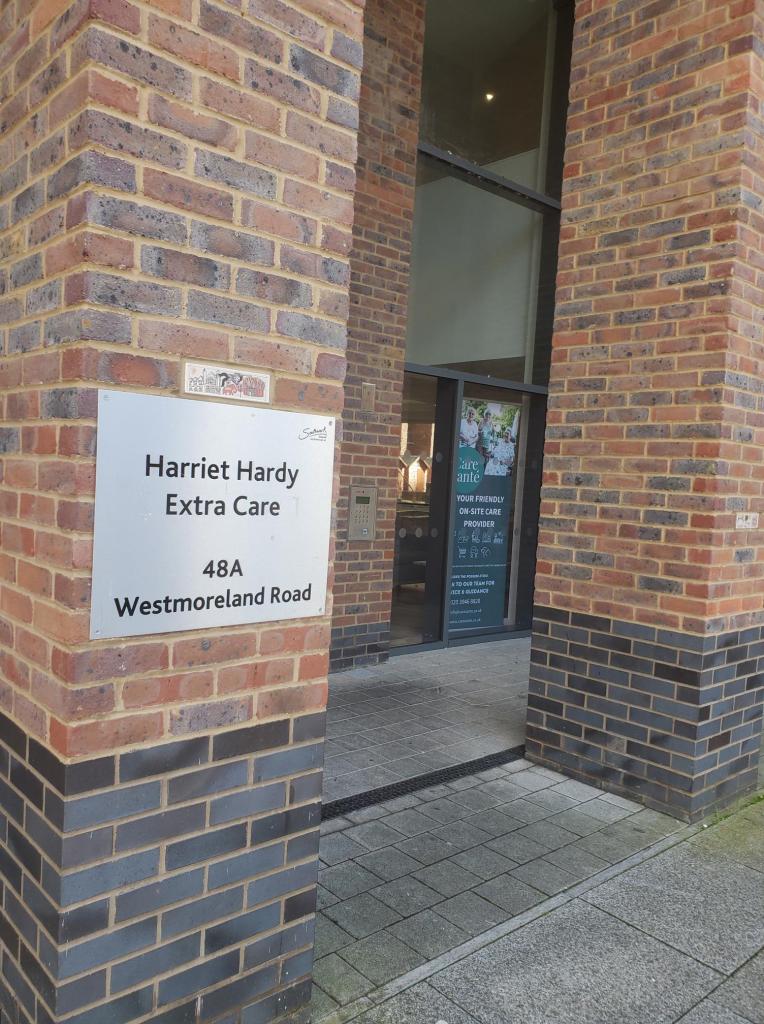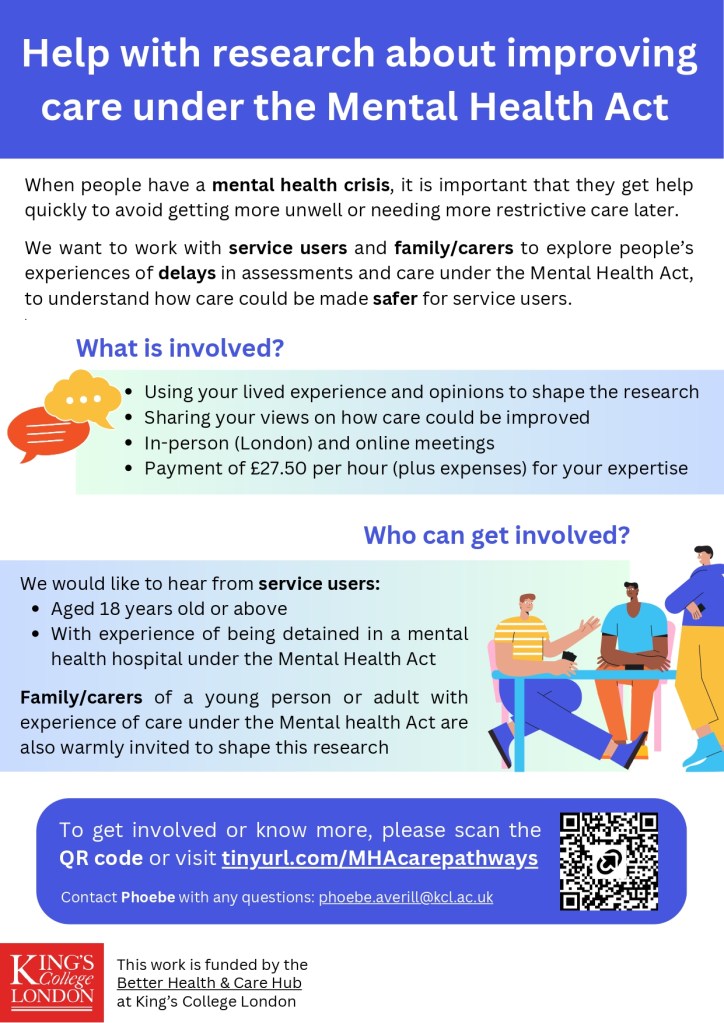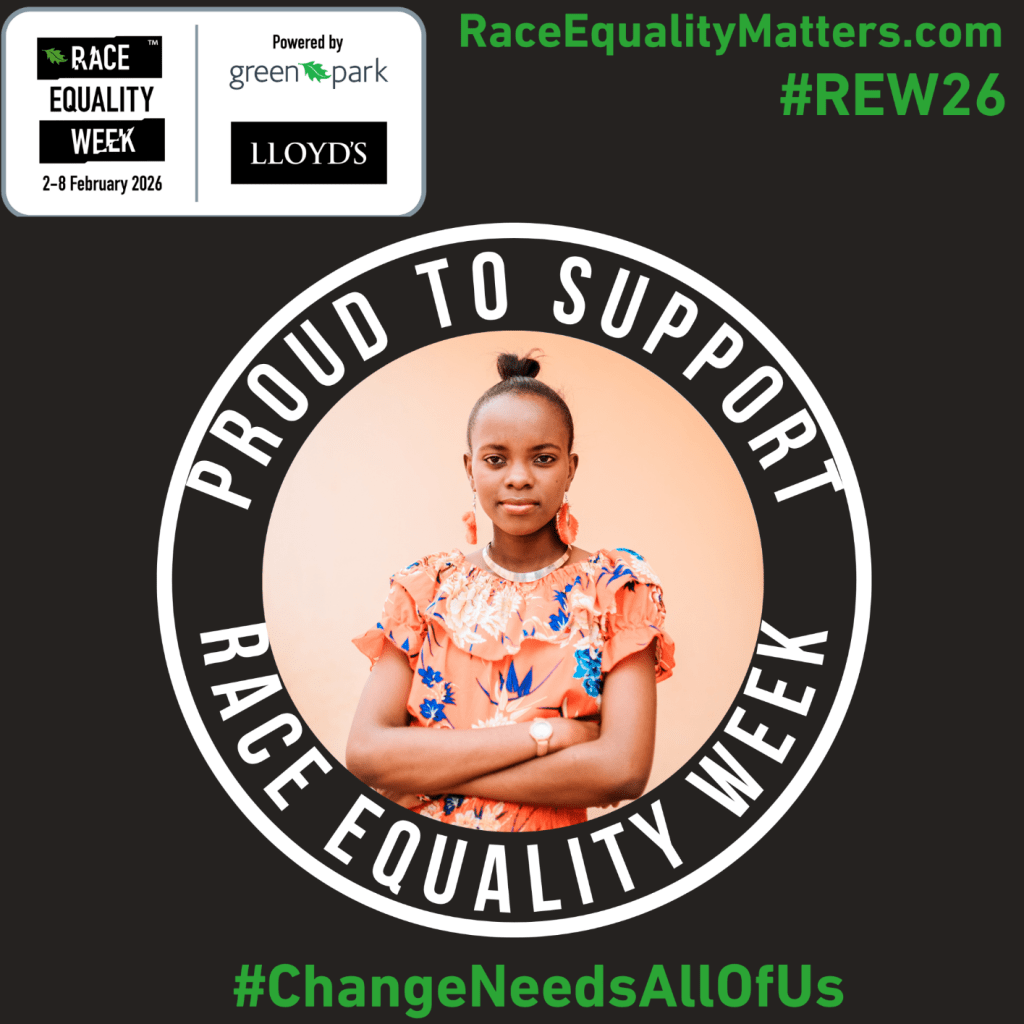Chairing the recent Greenwich Mental Health Carers Forum reminded me yet again why these spaces are essential. This is because carers are carrying enormous pressure, often quietly, and if we don’t create structured spaces for them to speak, the system will simply move on without them.
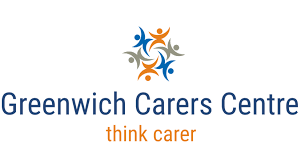
I opened the forum by introducing myself through a lot of organisations via activism. I reminded everyone that while this is a Greenwich forum, it connects to national networks. The issues we raise locally are part of much bigger structural conversations.
But before policy, before strategy, before campaigning, we always start with lived experience.
When Carers Are Left Without Safety Nets
One carer shared something that should concern all of us: their mental health medication had been abruptly stopped pending a review. No advance warning. No contingency. No safeguarding plan despite them being a full-time carer and working as well.
That situation highlights a critical flaw in our systems: carers are often treated as separate from the care infrastructure, even when their own stability directly affects the person they support.
When a carer’s health is destabilised, the entire care structure is destabilised.
We discussed practical escalation routes suh as contacting care coordinators, speaking to mental health nurses at GP practices, ensuring issues are documented. But the bigger question remains: why do carers have to fight for continuity in the first place?
National Issues Carers Need to Be Aware Of
A significant part of the forum was focused on national developments. If carers don’t understand the wider policy landscape, it becomes harder to challenge decisions locally.
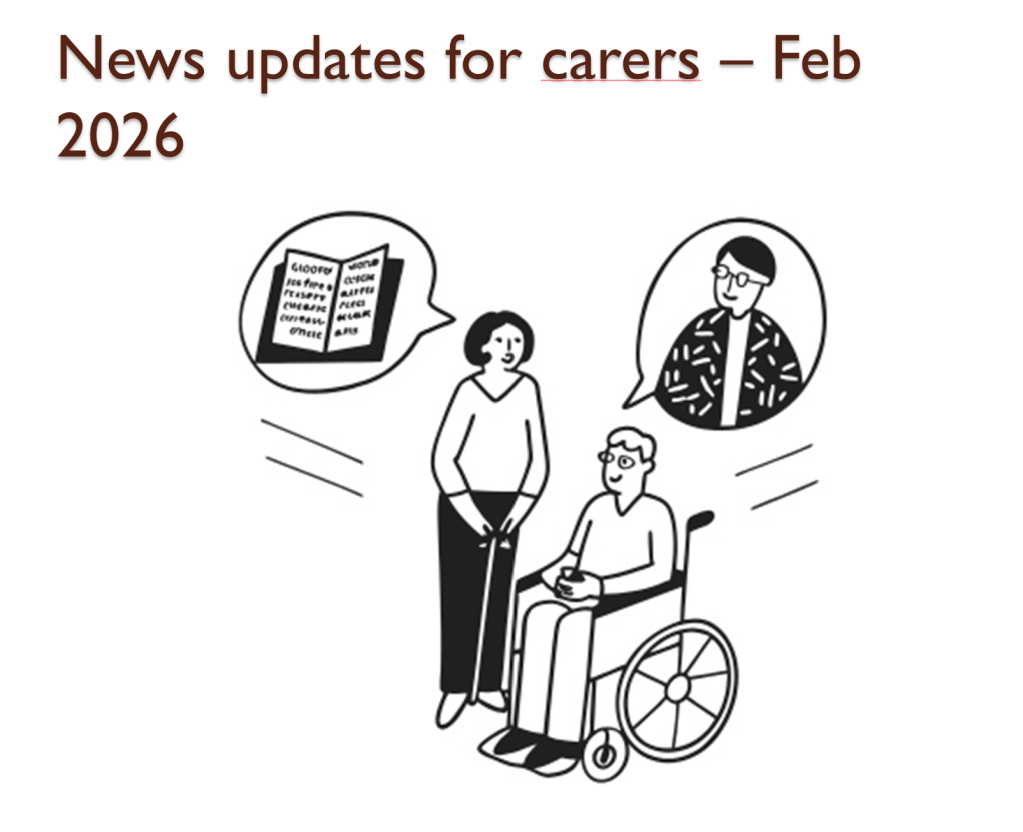
Carer’s Allowance and the Overpayment Scandal
Organisations like Carers UK continue to highlight two major issues:
- Carer’s Allowance remains one of the lowest benefits of its kind.
- The overpayment recovery system has been excessively punitive due to automated earnings thresholds.
The “cliff edge” earnings rule forces working carers to limit hours to avoid losing their allowance entirely. That is not a supportive system — that is a trap.
The Missing National Carers Strategy
The last national carers strategy was published in 2018. Since then, there has been no overarching cross-departmental framework.
That absence creates gaps between:
- Department of Health and Social Care
- Department for Work and Pensions
- NHS England
Without coordination, carers fall between systems.
Groups such as Carers Trust and Age UK continue to push for renewed oversight, but until there is political will, carers remain structurally vulnerable.
NHS Pressures and Workforce Gaps
Research from The King’s Fund and Nuffield Trust continues to highlight workforce shortages and structural underfunding.
Carers feel this directly:
- Delayed appointments
- Limited respite
- Reduced community follow-up
- Poor continuity of care
When the NHS workforce is stretched, carers absorb the overflow.
The Economic Value of Carers
Unpaid carers save the country an estimated £160 billion annually effectively the equivalent of running a second NHS.
And yet, carers are still asked to “do more with less.”
That contradiction must be challenged.
Digital Transformation and AI in Healthcare
We also discussed the NHS push toward digitisation and artificial intelligence. Carers UK recently circulated consultation material on AI in healthcare.
Digital transformation can bring opportunities, but we must ask:
- Are carers being consulted?
- What about digital exclusion?
- How will AI decision-making impact safeguarding?
Carers must not be the last to know when services change.
Mental Health Act Reform – A Major Change
The Mental Health Act has now received Royal Assent. One of the most significant changes concerns the introduction of a “nominated person.”
While intended to strengthen patient autonomy, it may in some circumstances sideline primary carers if relationships are strained or confidentiality is invoked.
This has serious implications:
- Access to information
- Involvement in care planning
- Safeguarding
We will be inviting Mental Health Act leads to discuss this further. Carers need clarity before implementation impacts them.
Why I Continue to Chair These Forums
Some may wonder why I continue to run multiple carers forums local and national.
The answer is simple.
Because carers are often spoken about, but not spoken with.
If we do not build organised, informed, connected carer communities, systems will continue operating without meaningful accountability.
Every forum is an opportunity to:
- Share escalation routes
- Connect carers to national advocacy
- Surface systemic gaps
- Build confidence
- Strengthen collective voice
Greenwich carers deserve to be informed, protected, and empowered, not reactive and firefighting.
As always, I will blog the full national updates separately so carers can reference them. The forum is not just a discussion space it is part of a wider campaign for recognition, reform, and respect.
And we will keep going.
